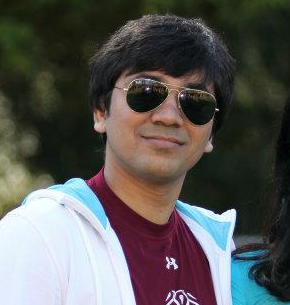
Universal Speech Transformer
Yingzhu Zhao, Chongjia Ni, Cheung-Chi LEUNG, Shafiq Joty, Eng Siong, and Bin Ma
Transformer model has made great progress in speech recognition. However, compared with models with iterative computation, transformer model has fixed encoder and decoder depth, thus losing the recurrent inductive bias. Besides, finding the optimal number of layers involves trial-and-error attempts. In this paper, the universal speech transformer is proposed, which to the best of our knowledge, is the first work to use universal transformer for speech recognition. It generalizes the speech transformer with dynamic numbers of encoder/decoder layers, which can relieve the burden of tuning depth related hyperparameters. Universal transformer adds the depth and positional embeddings repeatedly for each layer, which dilutes the acoustic information carried by hidden representation, and it also performs a partial update of hidden vectors between layers, which is less efficient especially on the very deep models. For better use of universal transformer, we modify its processing framework by removing the depth embedding and only adding the positional embedding once at transformer encoder frontend. Furthermore, to update the hidden vectors efficiently, especially on the very deep models, we adopt a full update. Experiments on LibriSpeech, Switchboard and AISHELL-1 datasets show that our model outperforms a baseline by 3.88%-13.7%, and surpasses other model with less computation cost.

Universal Speech Transformer
Yingzhu Zhao, Chongjia Ni, Cheung-Chi LEUNG, Shafiq Joty, Eng Siong, and Bin Ma. In 21st Annual Conference of the International Speech Communication Association (Interspeech'20) , pages 5021 - 5025, 2020.
PDF Abstract BibTex Slides
Yingzhu Zhao, Chongjia Ni, Cheung-Chi LEUNG, Shafiq Joty, Eng Siong, and Bin Ma. In 21st Annual Conference of the International Speech Communication Association (Interspeech'20) , pages 5021 - 5025, 2020.
PDF Abstract BibTex Slides